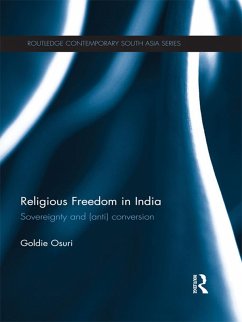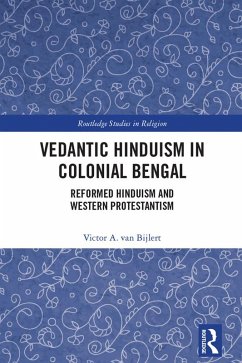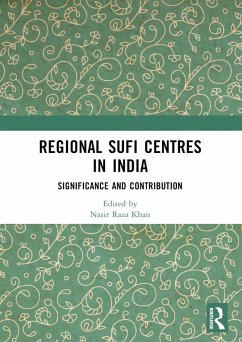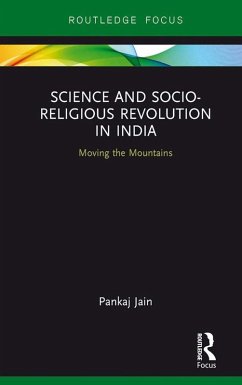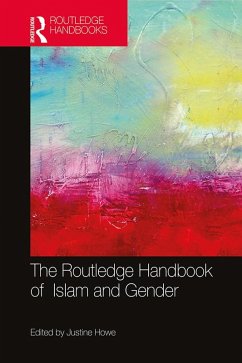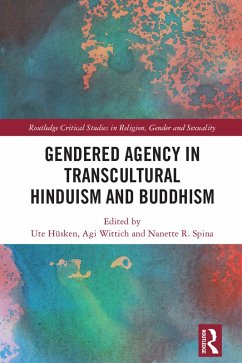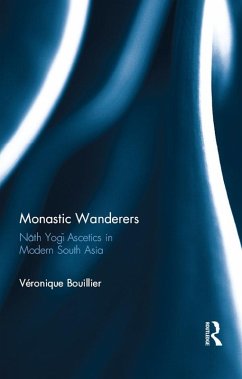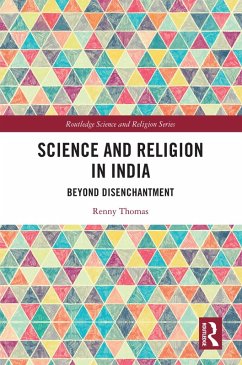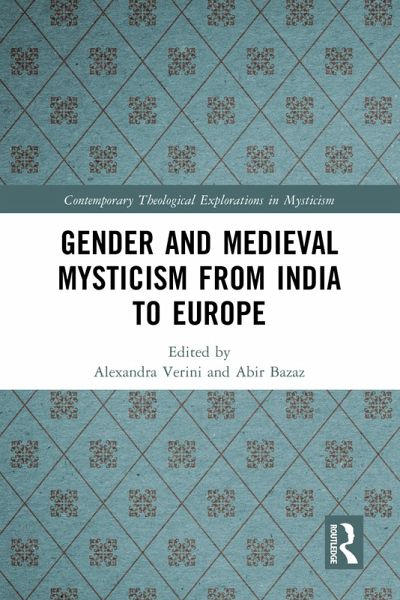
Gender and Medieval Mysticism from India to Europe (eBook, ePUB)
Versandkostenfrei!
Sofort per Download lieferbar
39,95 €
inkl. MwSt.
Weitere Ausgaben:

PAYBACK Punkte
20 °P sammeln!
This book opens up a dialogue between pre-modern women identified as mystics in diverse locations from South Asia to Europe. It considers how women from the disparate religious traditions of Hinduism, Islam, and Christianity expressed devotion in parallel ways. The argument is that women's mysticism demands to be compared not because of any essential "female" experience of the divine but because the parallel positions of marginalization that pre-modern women experienced led them to deploy intimate encounters with the divine to speak publicly and claim authority. The topics covered range from t...
This book opens up a dialogue between pre-modern women identified as mystics in diverse locations from South Asia to Europe. It considers how women from the disparate religious traditions of Hinduism, Islam, and Christianity expressed devotion in parallel ways. The argument is that women's mysticism demands to be compared not because of any essential "female" experience of the divine but because the parallel positions of marginalization that pre-modern women experienced led them to deploy intimate encounters with the divine to speak publicly and claim authority. The topics covered range from the Sufi devotional tradition of Sidis (Indians of African ancestry) to the Bhakti poet Mirabai and the nuns of Barking Abbey. Collectively the chapters show how mysticism allowed premodern women to speak and act by unsettling traditional gender roles and expectations for religious behavior. At the same time as uncovering connections, the juxtaposition of women from different traditions serves to highlight distinctive features. The book draws on a range of disciplinary expertise and will be of particular interest to scholars of medieval religion and theology as well as history and literary studies.
Dieser Download kann aus rechtlichen Gründen nur mit Rechnungsadresse in A, B, BG, CY, CZ, D, DK, EW, E, FIN, F, GR, HR, H, IRL, I, LT, L, LR, M, NL, PL, P, R, S, SLO, SK ausgeliefert werden.




